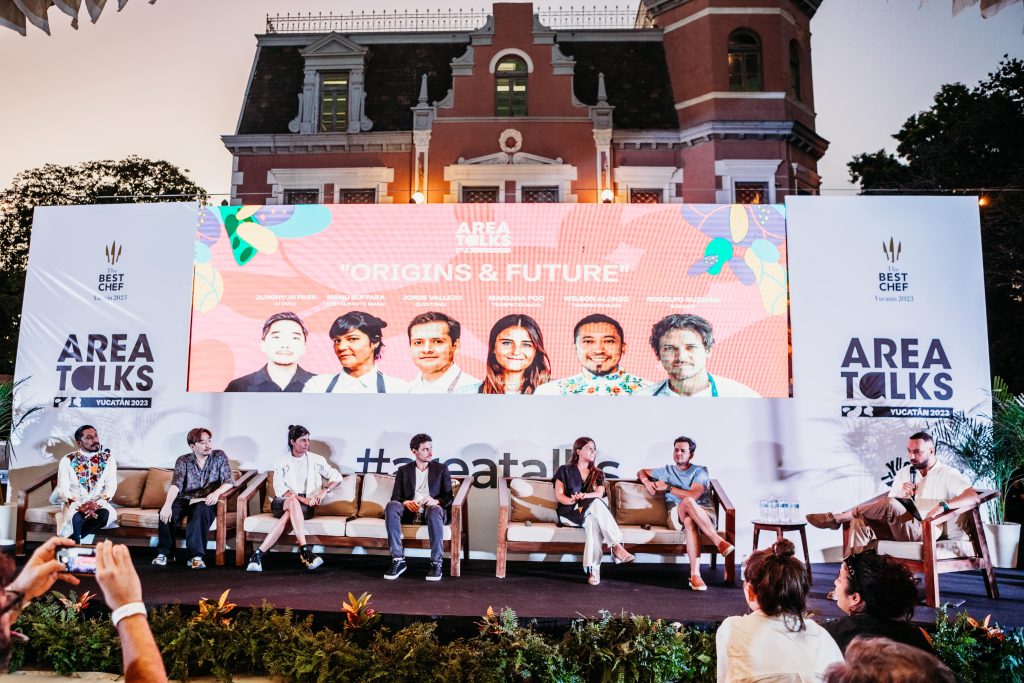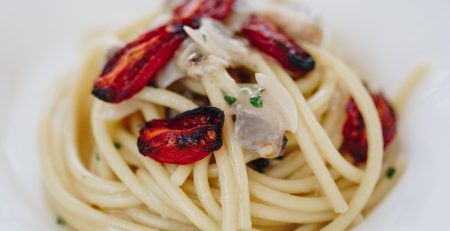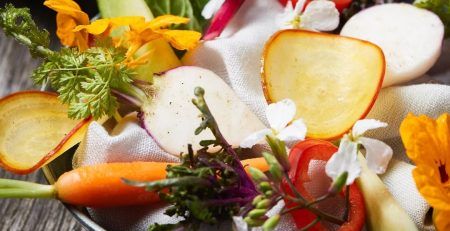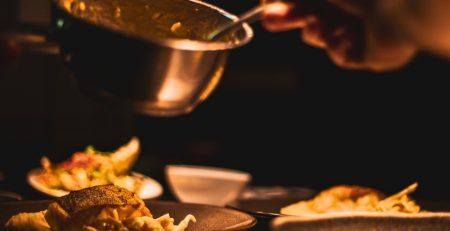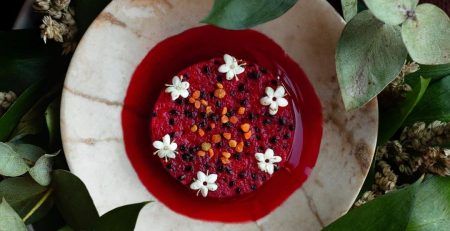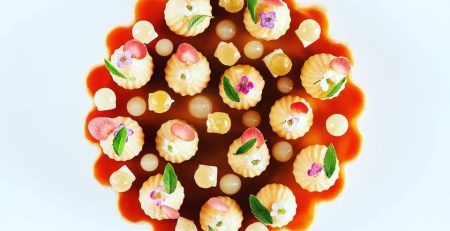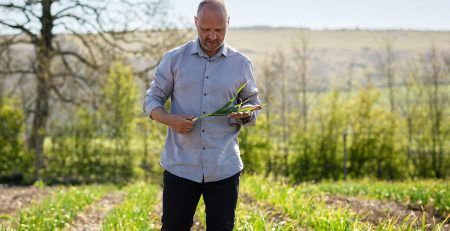What does tradition mean in the context of the future? How do we envision the future while remaining rooted in our heritage?
Chef Jorge Vallejo eloquently articulates the essence: “Each of us strives to represent our country, our culture, and our people through food.” This mindset sets the stage for an in-depth exploration of “Origins & Future,” the focal point of this year’s Area Talks panel discussion.
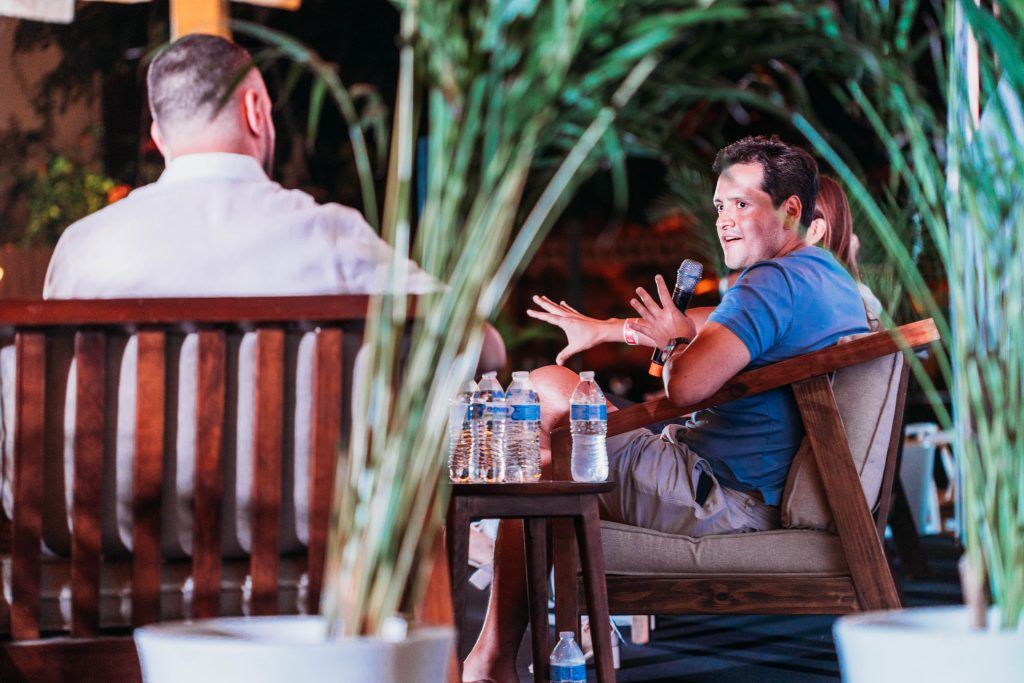
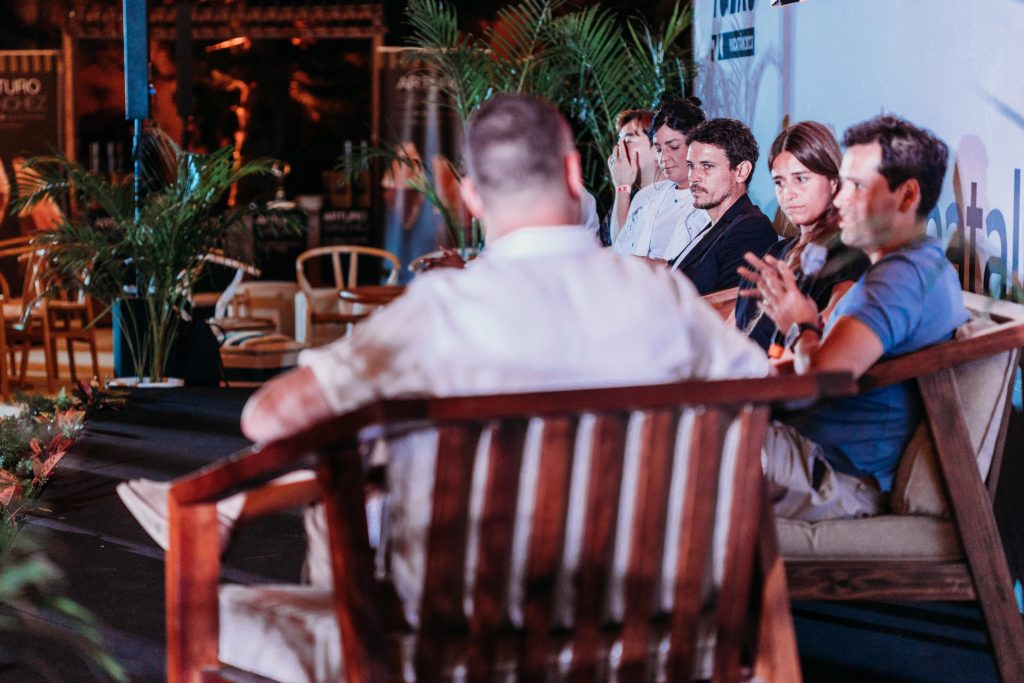
The panel, comprising six distinguished speakers, including five chefs from different countries and Mariana Poo, representative of Traspatio Maya—a foundation supporting farmers and producers from Yucatan—explored the intricate relationship between culinary heritage and the evolving future. The esteemed chefs included Jorge Vallejo (Quintonil Restaurant, Mexico), Rodolfo Guzman (BORAGÓ Restaurant, Chile), Manu Buffara (Manu Restaurante, Brazil), Junghung Park (Atomix Restaurant in New York, Korea), and Wilson Alonzo (Ya’axche, Mexico).
Preserving Tradition with an Eye on the Future
Chef Wilson Alonzo emphasized a critical aspect—the evolution of cuisine relies heavily on understanding its origins. Provenance goes beyond culinary skills; it necessitates knowledge of the origin of the ingredients, their journey, and the perfect preparation to present them on the table.
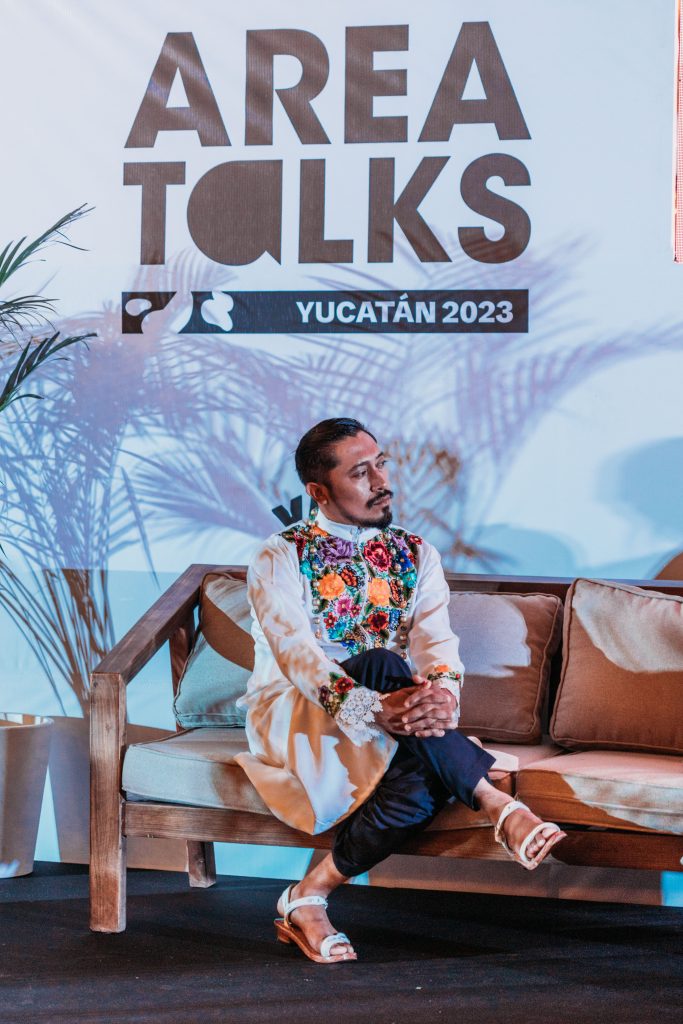
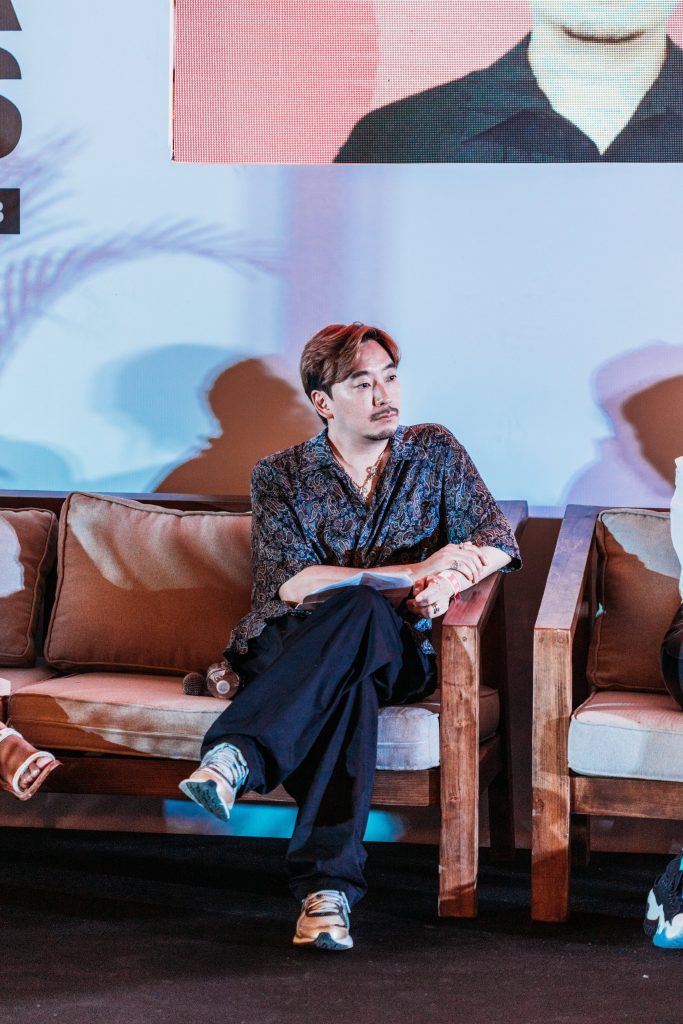

The discussion underscored the importance of preserving culinary traditions while adapting them to modern times. Manu Buffara shed light on the challenging situation of “okra” in Brazil, where one dominant variety prevailed for political and economic reasons. Forgotten grains and seeds are now experiencing a revival, revealing the intersection of tradition and technological progress.
For water-intensive crops such as tomatoes, modern technologies offer the potential for modification, ensuring efficiency and adaptability to changing climates and requirements. Understanding the geographic and historical conditions of seeds and products becomes paramount in this endeavor.
Empowering Domestic Producers
Mariana Poo from Traspatio Maya drew attention to a pressing issue—sustainable incomes for indigenous communities. A significant barrier is the lack of access to formalities and professional services, such as logistics and marketing. Chefs shared the perspective that producers are not just suppliers; they are individuals with histories and legacies. The chef-producer relationship is more than just a transaction; it is a responsibility, dependency, and, most importantly, defense of heritage.
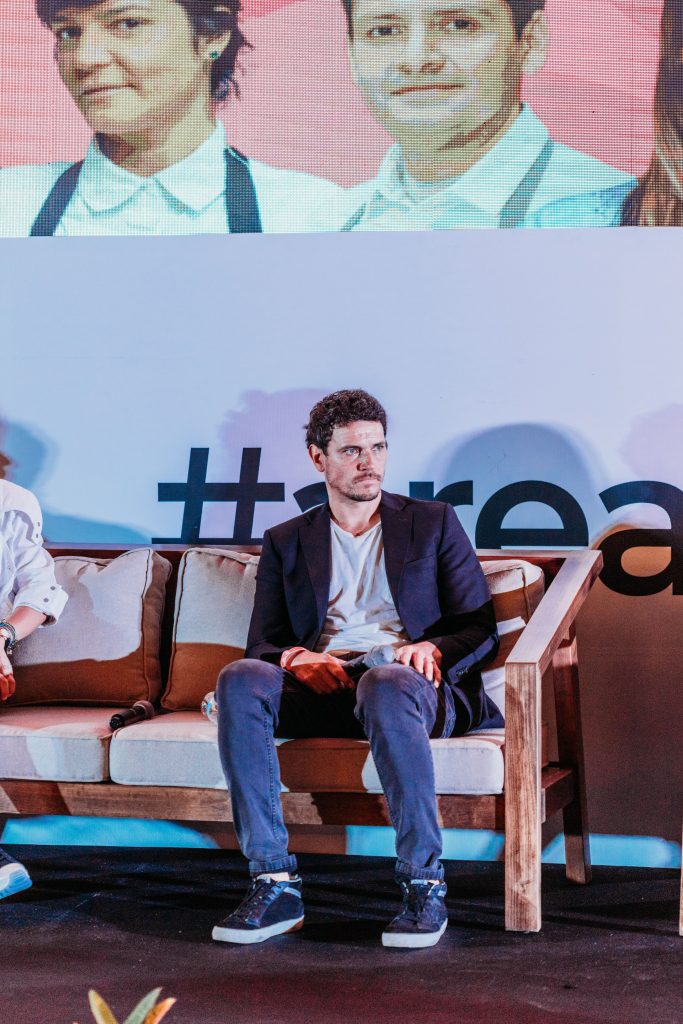
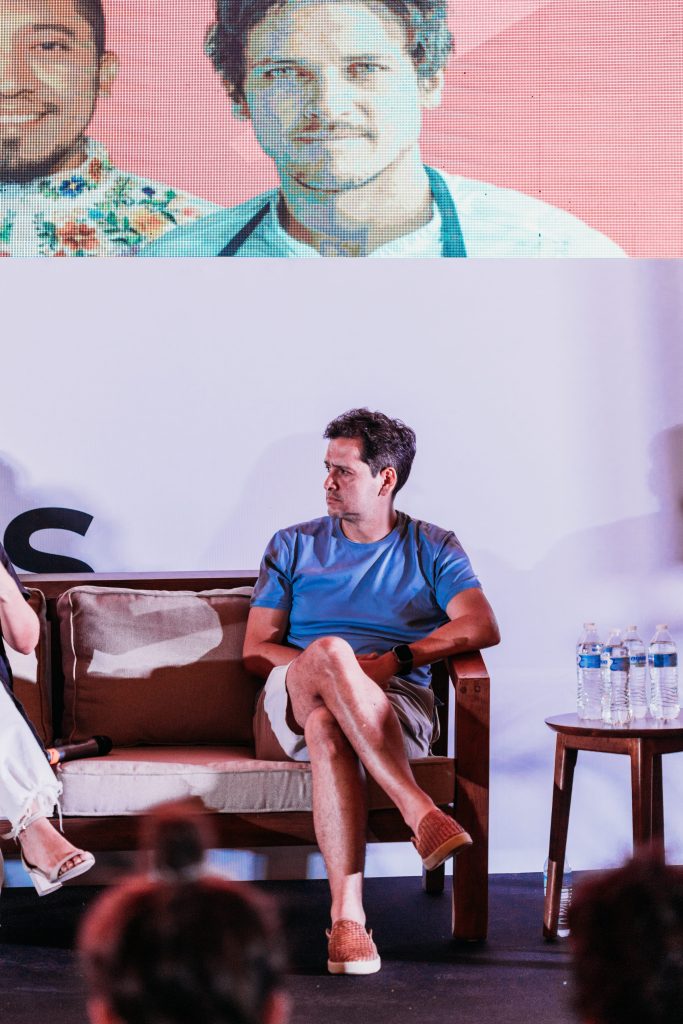
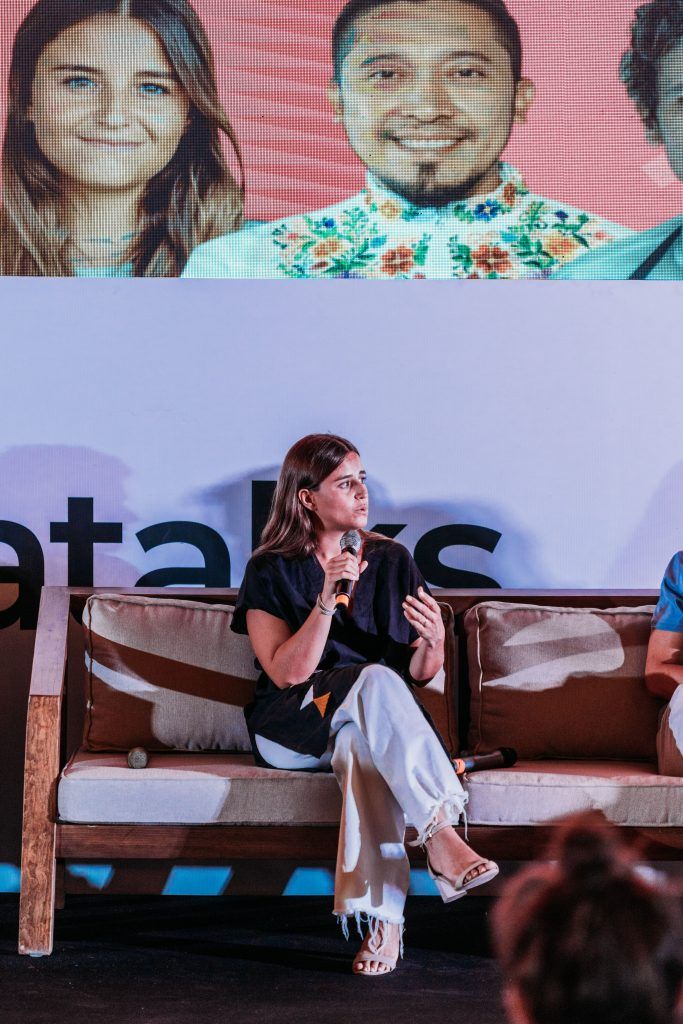
Chef Rodolfo Guzman highlighted the evolving role of today’s chefs, emphasizing the essence of passion and love for their profession and the vital understanding of their position. He called for a holistic approach to the culinary mission. It’s not just about the food on your plate; it’s about understanding and honoring the people and stories behind it. The heart put into one’s work bears fruit only with respect for the land, water, and people who grow and extract products.
As Junghyun Park says: “Tradition – you could say it’s the past; evolution – you could say it’s the future. Between these two, we are present now.” This sentiment reflects the balance chefs maintain between preserving tradition and evolving culinary craftsmanship. In this conclusion, chefs not only honor the past and the future but also infuse the present with a rich tapestry of flavors, stories, and cultural heritage.
